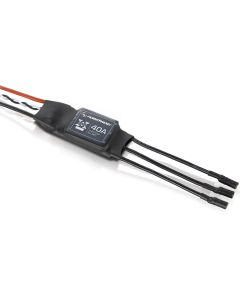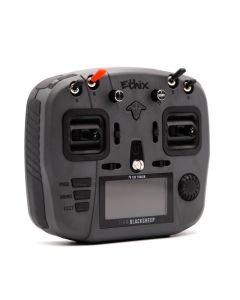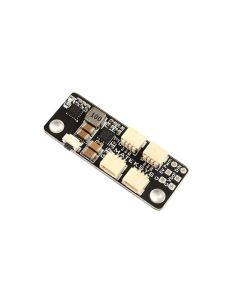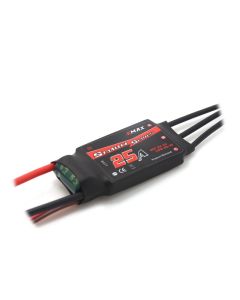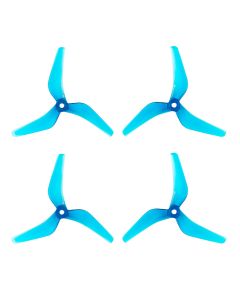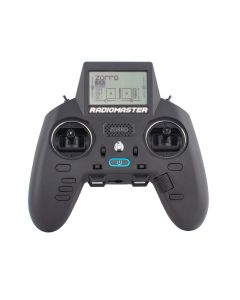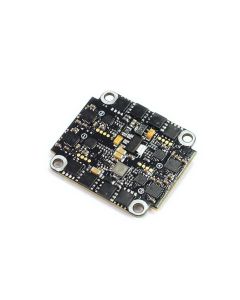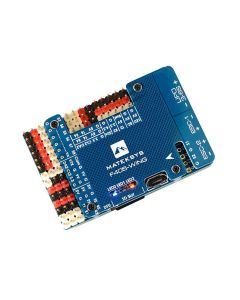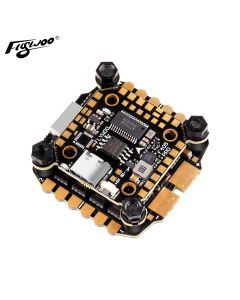Search results for: 'electronics electronic speed controllers esc india'
- Did you mean
- electronic electronic speed controller esc indic
- electronic electronic speed controller esc invis
- Related search terms
- Speedy bee 5 inch frem flight controller
- speedybee 2006 1950kv motor bee35 325 inch fpv
- SpeedyBee F405 V3 BLS 50A 30x30 FC&ESC Stack 4in1 Electronic Speed Controller For Rc FPV Drone
- SpeedyBee F405 V4 BLS 55A 30x30 FC&ESC Stack 4in1 Electronic Speed Controller For Rc FPV Drone
- SpeedyBee Master 5 V2 HD DJI O3 Air Unit FPV 5 Freestyle drone
-
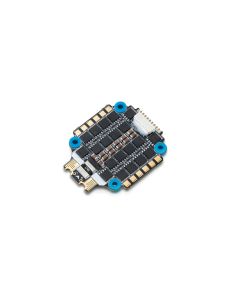 HobbyWing XRotor FPV G2 65A 4in1 ESCSpecial Price ₹6,500.00 Regular Price ₹6,675.36
HobbyWing XRotor FPV G2 65A 4in1 ESCSpecial Price ₹6,500.00 Regular Price ₹6,675.36

